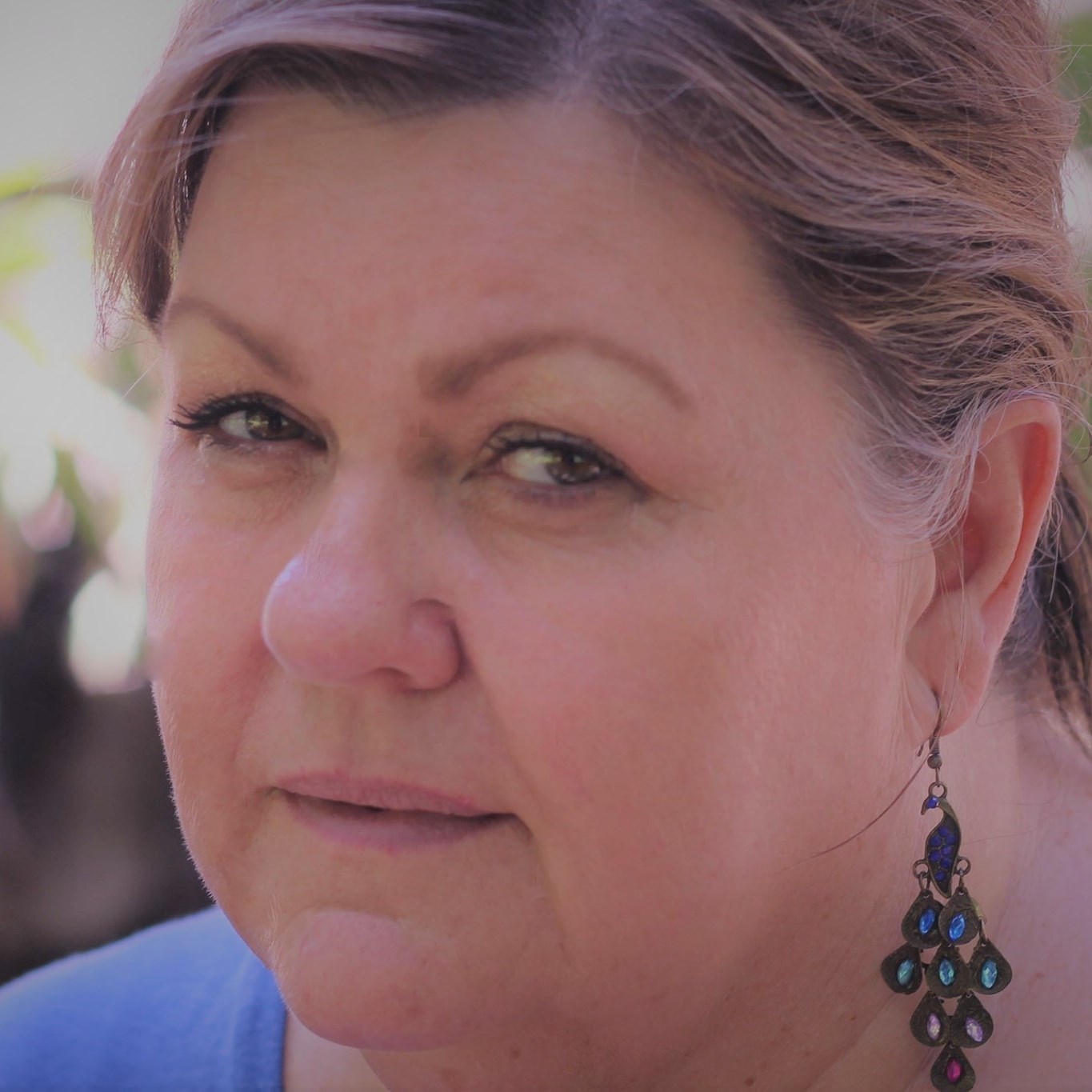Congratulations, your business has grown from optimistic seeds of a dream into a reality! It hasn’t been easy and at times the idea of quitting has been tempting. Thankfully your passion nipped those self defeating thoughts in the bud and you are now focused on growth.
So, now it’s time to let the world know what they have been missing out on!
Public speaking and social media platforms are great avenues for the entrepreneur to grow their business. Now more than ever in these highly competitive times where “online” is becoming the main source of customer contact; “relationship” will be the primary reason clients/customers choose your business. Customers want to feel connected and that you can be trusted. Without the ability for your potential client to walk into your store you need to be present and available in a way that businesses never have been before.
But, this can be confronting if you have always thought of yourself as a “behind the scenes” kind of person. Often, this is also where ‘Performance Anxiety’ can make an appearance.
In this article, you’ll read how to recognise and move past Performance Anxiety, so that you can grasp the opportunities you have to promote and grow your business.
Performance Anxiety is normal
It is normal to have no idea you have a fear until you make the decision to move into unfamiliar territory.
This is not uncommon experience for Entrepreneurs because in the set up phase, necessity dictates the allocation of time and resources as they deal with pressing matters. It is only when the dust settles and the decision is made to go to the “next level” some will be faced with an unexpected fear of what that will require of them.
But, with a fire in your belly you set up your first public talk/meeting/presentation. In this preparation stage you find yourself genuinely excited by the opportunity. You may even tell yourself this is the most important thing you have ever done. That thought makes your stomach lurch and you feel a little queasy but you ignore it.
Then at 3am, you really should be asleep however your body and mind seem to disagree.
The last two hours has been painful whilst you rehearse all the possible ways you could fail tomorrow. Convincing yourself – you will be shamed publicly, lose the business and will soon be working the counter at the local burger joint.
Welcome “performance anxiety” or “stage fright”.
Why has it started now?
Performance anxiety is fear related to your ability to perform a specific task. If it’s the first time you have performed a task it is perfectly normal to experience a degree of anxiety. Ranging from a little nervousness to full blown panic.
Please note performance anxiety is not a mental disorder it is a normal reaction to a stressful situation. Strangely enough, the brain is actually trying to help.
Feeling anxious can trigger your fight or flight response stress response causing a flood of chemical and stress hormones into your system. You will notice a change in your breathing and pulse rate so your brain can get more oxygen. The brain doesn’t make the decision that you should be anxious. It responds to what you believe to be a threat and supports your belief by activating your protection mechanisms.
There are many, many sufferers of performance anxiety who have very successful personal and professional lives.
They have developed strategies which help them succeed. Leaning into the discomfort knowing the more they do so the easier it becomes. Avoidance is not the answer it only serves to increase the degree of difficulty and makes it much harder than it needs to be.
With Performance Anxiety – Knowledge is Power
Here are some key points to keep in mind when you’re starting to feel overcome with fear or anxiety:
- You can’t have a panic attack if you are breathing diaphragmatically. Shallow breaths alert the brain that there is a Tyrannosaurus Rex on the horizon and you need to run –NOW. When you become aware that you are feeling anxious that is your cue to BREATHE
- Your audience wants to hear what you have to say. If they didn’t care they wouldn’t be there.
- Expect and accept that anxiety will arise. The little squirt of adrenaline is here to help you bring your “A” game so work with it not against it
- Channel your passion and emotion into your presentation
- Focus on the topic
- Prepare your body – don’t overload with caffeine and ensure you are well rested on the days leading up to the event.
Your body and mind want to be on the same page
Remember the saying “Fake it till you make it”? I prefer the term “behave your way into it”. This simply means that you can act like a person who is calm.
Your mind can’t handle when your actions don’t match your reactions so behave like a calm person and you will be one!
Here are some tips to do just that:
- Stand in a relaxed and confident manner
- Don’t dwell on any errors, don’t point them out either, no one will notice
- Pick out the friendly faces in the room and make eye contact
- Know the audience want you to succeed because they want to hear what you have to say
- Remember the brain reacts in the same way to a real, imagined or remembered experience so use this to your advantage and visualise your success not failure
These are just a few of my favourite things but it is also important to note there are many resources and people who are trained to help you get out of your head, leave Performance Anxiety behind and enjoy the opportunity to talk about your favourite topic – your business.
CONNECT WITH SHELLEY:
Facebook: Shelley Murphy Counselling
Website: www.adelaideanxietytherapy.com

ARTICLE BY
SHELLEY MURPHY,
COUNSELLOR
Shelley Murphy is a professional Counsellor, Psychotherapist & Clinical Supervisor in Private Practice. Dedicated to helping clients overcome their relationship with anxiety through the use of a unique combination of evidence based interventions – Enhanced Cognitive Behavioural Therapy, Psychotherapy and Clinical Hypnotherapy.
In her previous life Shelley worked in middle management corporate roles. Fields of expertise included Equal Employment Opportunity, Health, Safety and the Environment and people management.
Shelley was awarded her Masters of Counselling and Psychotherapy from – The University of Adelaide 2014, Level 4 Member of the Australian Counselling Association of Australia (ACA), Member of the ACA College of Supervisors and Member of the ACA College of Clinical Counsellors.

